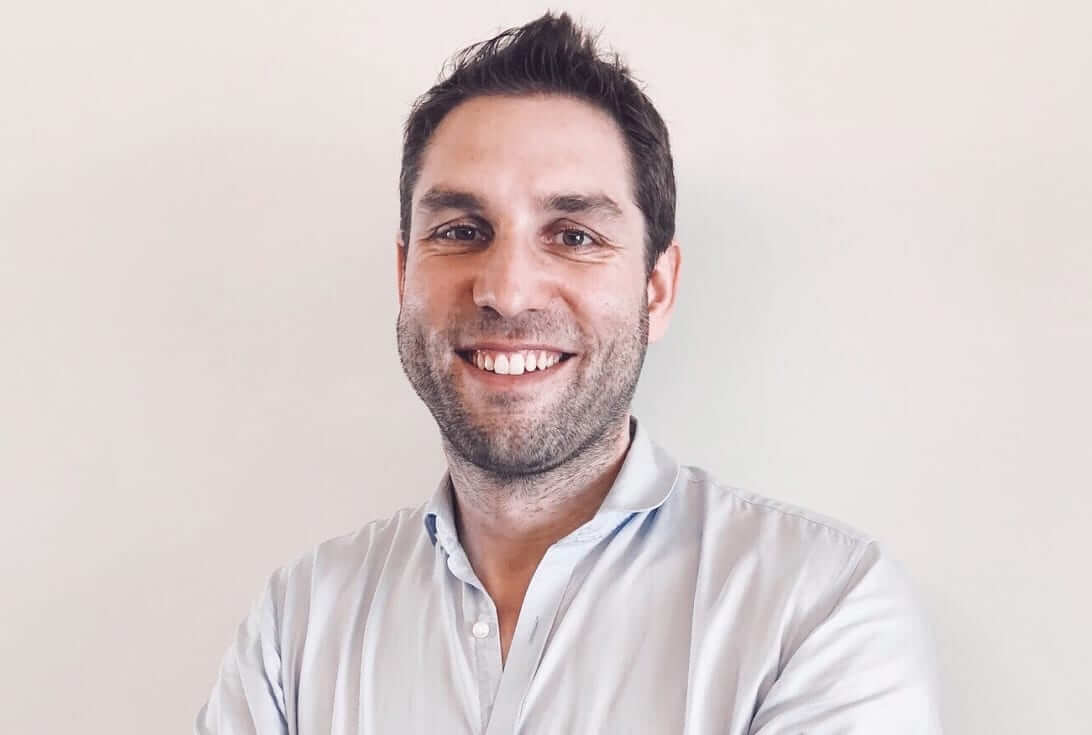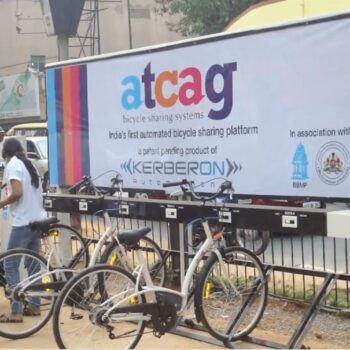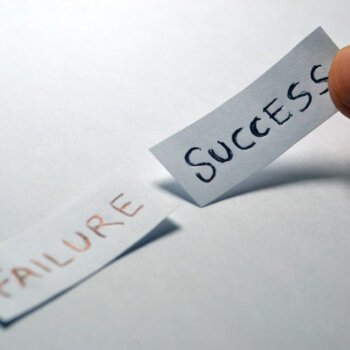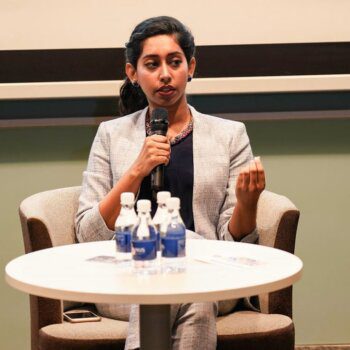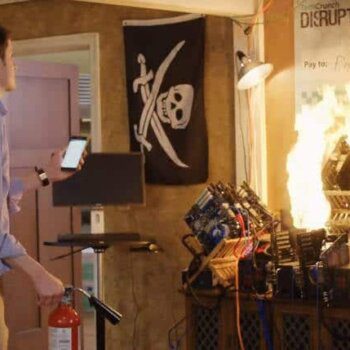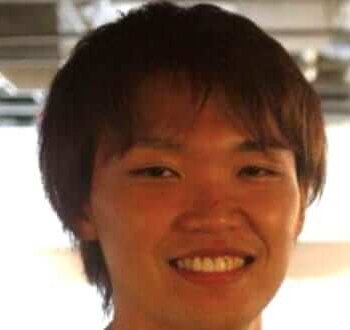Tim grew up in the restaurant business and created a strong bond with the industry. Solving the pain points of restaurant owners is his personal mission.
What’s your story?
I grew up in Germany and attended Hotelschool The Hague, a hospitality-oriented business school in The Hague, Netherlands (Bachelor of Business Administration) and INSEAD in Singapore (Master in Business Administration) with an exchange to Wharton School at the University of Pennsylvania. Before Waitrr, I was a financial analyst at Air Products and Claire’s for 5 years, overseeing corporate M&A and investments. In my free time, I coach boxing and I’ve completed three half marathons in Singapore. In 2006, I was Amateur Boxing champion in the heavyweight division. I speak 7 European languages fluently and I’m currently learning Bahasa Indonesia.
What excites you most about your industry?
My parents own restaurants back in Europe and growing up with this business I’ve created a strong bond with the industry. Solving the pain points of restaurant owners is my personal mission. I always keep thinking back about my parents’ business and solving their problems.
What’s your connection to Asia?
The last 5 years of my life have been fully Asia-centric. I completed my MBA at INSEAD Singapore, and right after, I founded Waitrr. My wife had moved here with me and now our 1-year old son goes to a local infant care where he’s picking up Chinese nursery songs.

Favourite city in Asia for business and why?
We’ve had a great time in Singapore since starting in 2015. Singapore is very advanced when it comes to the startup scene. In fact, the Singapore government has pushed strongly for automation in the F&B space. There are also a lot of initiatives to support the “cashless society” and help restaurant businesses become more efficient. By 2020, half of Singapore’s F&B businesses are expected to be fully cashless. Waitrr’s business model fits in well in Singapore, and we’re hoping to capitalize on our success moving forward. With all that said, we do have a keen interest on expanding to areas like Indonesia and Malaysia in the next few months.
What’s the best piece of advice you ever received?
There’s always a lot of noise in whatever you’re doing, so great advice that I received was to always learn to filter out what’s not important for growing your business. Being very busy doesn’t mean it’s important.
Who inspires you?
Anthony Tan of Grab is definitely a huge inspiration. I love how he was quickly able to scale internationally and build a company that was able to fight off competition from overseas (Uber). I also enjoy the stories of how he and his early team were going to meet taxi drivers one by one to sign them onto Grab. Something that reminds me of how when we were starting we were meeting a lot of individual restaurant owners and hearing their stories about how they built up their food stalls on their own and what their challenges are.
What have you just learnt recently that blew you away?
I was shocked to see how alternative “automation” methods played out in the F&B industry in Singapore. More expensive methods saw an iPads installed in each individual table for each restaurant outlet — a hardware expense that could easily add up to $40,000. I was even more shocked to find out that most of these solutions are sponsored by the government through different grants.
If you had your time again, what would you do differently?
Have less fear and move forward much faster, not being scared of failure. Failing in certain areas is always a great opportunity to learn and improve, which is what happen anyways, so you might as well learn fast and progress faster.
How do you unwind?
I go running and I enjoy boxing. I used to compete a lot in boxing years ago and still love the training, but I don’t compete anymore.
Favourite Asian destination for relaxation? Why?
Bali, hands down. While many countries in the region are beautiful, Bali has a great energy that works really relaxing on me. Also, I love Bahasa Indonesia.
Everyone in business should read this book:
When we started out we had no cash, and so The Lean Startup was our bible. We still live by the methodology that you should get a lot of user feedback to avoid spending a lot of money on building something that users don’t actually want. More recently I found The Hard Thing About Hard Things by Ben Horowitz very useful as it gives good guidelines how to make the difficult decisions, but also manage a more senior team.
Shameless plug for your business:
Waitrr is a mobile ordering and payments solution that creates a seamless dining experience for guests and restaurant partners. Working with almost 200 F&B outlets across Singapore, Waitrr improves the operational efficiency of both dine-in and takeaway Establishments. Automating the order taking and payment processes allows restaurants to increase the capacity of their staff so they can provide personalised, premium service to their guests. Check us out at https://waitrr.com/

How can people connect with you?
We have recently launched our “Waitrr Stories:” campaign on Instagram, as a way of interacting with our users on an interpersonal level. We encourage our users to share with us their experiences with Waitrr, and more specifically, how it is working to enrich their lives — be it socially or from a time-saving perspective. We regularly promote new restaurants and promotions on Instagram and Facebook — these tend to be our primary media outlets. If someone wants to reach me, they can find me on Linkedin. In general I’m very approachable.
Twitter handle?
We are very active on Instagram and Facebook, and we encourage our users to be a part of our social media.
Check us out on Instagram and Facebook!
https://www.instagram.com/waitrr/
https://www.facebook.com/waitrr/
—
This interview is part of the ‘Callum Connect’ series of more than 500 interviews

Callum Laing is an entrepreneur and investor based in Singapore. He has previously started,
built and sold half a dozen businesses and is now a Partner at Unity-Group Private Equity and Co-Founder of The Marketing Group PLC. He is the author two best selling books ‘Progressive Partnerships’ and ‘Agglomerate’.
Connect with Callum here:
twitter.com/laingcallum
linkedin.com/in/callumlaing
Download free copies of his books here: www.callumlaing.com
